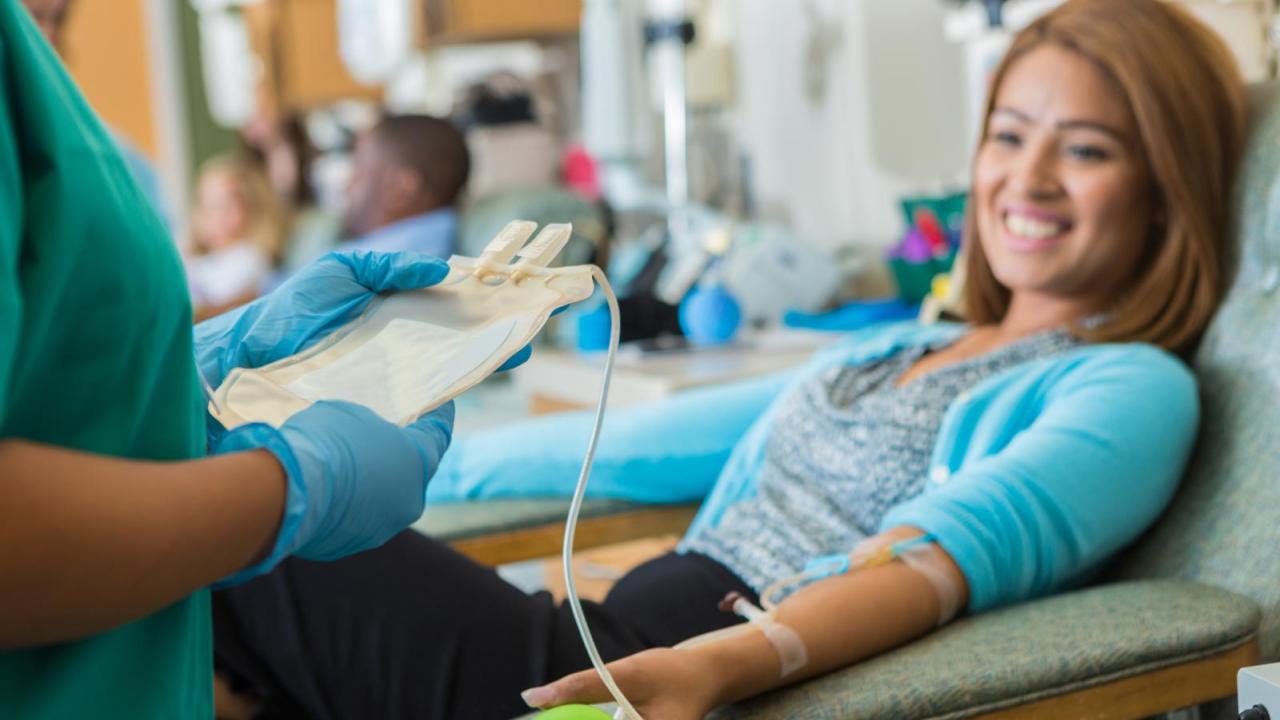For many people, donating blood is a familiar concept, often tied to community drives or emergencies. But fewer people realize that donating plasma—a golden-colored component of blood—is equally important and, in some cases, even more urgently needed. Plasma donation plays a critical role in modern medicine, helping patients with chronic conditions, immune disorders, and trauma injuries lead healthier, longer lives.
In places like Glassboro, increased awareness about plasma donation is not just helpful, it’s essential. As research expands and demand grows, communities are beginning to understand how their contributions can make a lasting difference far beyond the donor chair.
What Exactly Is Plasma?
Plasma is the liquid portion of blood that suspends red and white blood cells, platelets, proteins, hormones, and nutrients. It makes up over half of your blood volume and serves as a transportation system, carrying essential components throughout the body. But plasma isn’t just a carrier. It plays an active role in clotting, fighting disease, and maintaining blood pressure and volume.
When someone donates plasma, it’s separated from the other blood components through a process called plasmapheresis. The rest of the blood—mostly red blood cells and platelets—is returned to the donor’s body, allowing for more frequent donations compared to whole blood.
Why Plasma Is So Valuable
The uses for plasma are remarkably diverse. It’s the foundation for many life-saving treatments and therapies, especially for patients suffering from:
- Immune deficiencies, like primary immunodeficiency disease (PI)
- Bleeding disorders, such as hemophilia
- Severe burns or shock
- Rare genetic conditions
- Autoimmune diseases
Plasma is also used in hospitals for trauma care and in surgical recovery, especially when a patient needs to replace lost blood volume quickly. Unlike synthetic drugs, plasma-based therapies rely on human donations, which makes the donor supply chain absolutely vital.
Plasma Donation in Glassboro: A Growing Local Effort
In recent years, interest in plasma donation in Glassboro has grown, thanks in part to educational outreach and community-driven health initiatives. Many donors are college students, healthcare workers, or residents who simply want to give back. For some, the process is a practical way to earn a little extra money while helping others.
But compensation is only part of the story. For frequent donors, the motivation often becomes personal. They may know someone with an immune disorder or learn how plasma products helped save a child’s life after a car accident. These stories remind us that the impact of a single donation can be far-reaching.
Plasma centers in the area have also worked to make the experience as comfortable and efficient as possible, with trained staff, flexible scheduling, and thorough screening protocols. The emphasis on donor care is not just about retention—it reflects the critical nature of the service being provided.
What the Donation Process Looks Like
For first-timers, the idea of plasma donation might seem a bit intimidating, but the process is surprisingly straightforward. Here’s what you can typically expect:
- Initial Screening: Donors go through a health history questionnaire and a brief physical exam. Staff check vitals like blood pressure, temperature, and hemoglobin levels.
- Plasmapheresis Procedure: A needle is inserted into a vein, and blood is drawn into a machine that separates the plasma. The remaining components are returned to the body through the same needle or another in the opposite arm.
- Time Commitment: The entire process takes about 90 minutes to two hours for the first visit and slightly less for return donors.
- Aftercare: Donors are encouraged to hydrate, eat well, and avoid strenuous activity for the rest of the day. Most people feel fine afterward and are able to resume normal activities.
Because plasma regenerates more quickly than red blood cells, healthy individuals can donate up to twice per week, according to FDA guidelines. However, centers maintain strict health standards and provide rest periods to ensure donor safety.
Common Misconceptions About Plasma Donation
Despite its benefits, plasma donation is often misunderstood. Some people believe it’s painful or dangerous. In truth, side effects are minimal for most donors, with only occasional lightheadedness or bruising. The process is FDA-regulated and carried out by trained medical personnel using sterile, single-use equipment.
Another misconception is that only a specific type of person can donate. While there are eligibility requirements—like age, weight, and general health—most adults qualify, provided they pass the screening.
There’s also the notion that plasma donation is only needed during crises. In reality, demand is constant, and shortages can have serious consequences. Many plasma-derived therapies require large amounts of plasma, meaning every donation counts.
How Plasma Supports Scientific Innovation
Beyond direct patient care, plasma is essential in the development of medical treatments and vaccines. Researchers use plasma proteins to study disease mechanisms and test new therapies. During the COVID-19 pandemic, for example, convalescent plasma was investigated as a possible treatment for seriously ill patients. While results were mixed, the effort underscored the importance of plasma in fast-moving public health emergencies.
Ongoing research into plasma-derived products is opening doors for treatments in neurology, oncology, and regenerative medicine. As science progresses, the role of plasma in expanding therapeutic possibilities will only become more prominent.
Getting Involved and Making a Difference
If you’re considering donating, the first step is to find a reputable center. Many plasma donation centers in Glassboro offer online scheduling and walk-in appointments. First-time donors should bring valid identification and be prepared for a comprehensive health screening.
Whether your motivation is to help others, contribute to medical research, or support your community, plasma donation is a meaningful and impactful choice. It’s not just about what you’re giving—it’s about what you’re enabling others to receive.
By choosing to donate, you’re not only supporting critical healthcare systems, but you’re also stepping into a role that is part volunteer, part hero. Plasma donation in Glassboro is more than a local service—it’s a lifeline, connecting ordinary citizens to extraordinary outcomes.




